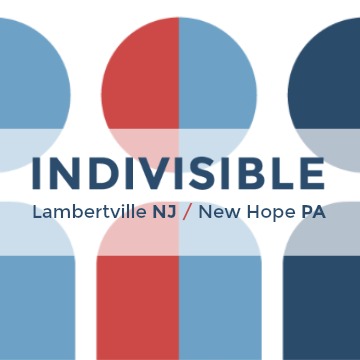People from all walks of life have embraced social media, using some kind of interface for Facebook, Twitter, Instagram, or Snapchat – or all of the above. Perhaps they’ve become inextricably linked to family and friends through a Facebook profile, or use it as a personal news collator. Some prefer to be more of a “lurker,” who rarely interacts but is often there watching. Social media personalities and habits are as diverse as the stars in the night sky – the minute by minute TMI poster, political activists, jokers, travelers and tourists, baby pic and pet lovers. They are you, me, our family and our friends – and we love them.
All the likes, loves and clicks on Facebook posts in addition to what we post tell a story, a story about our loves and our fears. That information is a gold mine and that gold can be mined. Marketers and advertisers use this information to more accurately target their consumers to “BUY MORE STUFF.”
But what happens when your social media data is mined and manipulated for more nefarious reasons?
It has come to light through Christopher Wylie, a former employee of Cambridge Analytica turned whistleblower, that the company harvested 50 million Facebook profiles under the guise of academic research.
How did they do it? They did it through the cute little tests and surveys about one’s personality, what country should you live in, what color is your aura, what’s your favorite food, etc. All of this information was mined, manipulated and used to sway public opinion in the 2016 election.
What’s more is that Facebook CEO, Mark Zuckerberg’s former mentor, Robert McNamee warned of far greater consequences. Per McNamee’s March 20, 2018 interview with NPR host Noel King, McNamee told Zuckerberg and Sandberg, “I’m afraid there is a systemic problem with the algorithms and the business model of Facebook that allow bad actors to cause harm to innocent users of Facebook.” He went on to cite four different examples, one of which was swaying an election and the other; advertising tools that allowed discrimination in violation of the Fair Housing Act.
And where does Mark Zuckerberg stand on all of this? He told McNamee this, “We think these are isolated. It’s not systemic. And by the way, we’re a platform, not a media company. So we’re not responsible for what third parties do on our platform.” It’s been almost two years since Zuckerberg knew about the data breach until Cambridge Analytica was finally banned from Facebook for violating its terms of use policy. He’s been awfully mum.
Take action:
Read more about all the ways third parties can get information about you from Facebook
here.
For info on checking and modifying your settings for third party Apps and taking steps to control what they access, go
here.
![]() COMING SOON! View the Lambertville Mayoral Candidates’ Forum in preparation for the June 8th NJ Primary Election. Videos to be posted May 10th.
COMING SOON! View the Lambertville Mayoral Candidates’ Forum in preparation for the June 8th NJ Primary Election. Videos to be posted May 10th.


